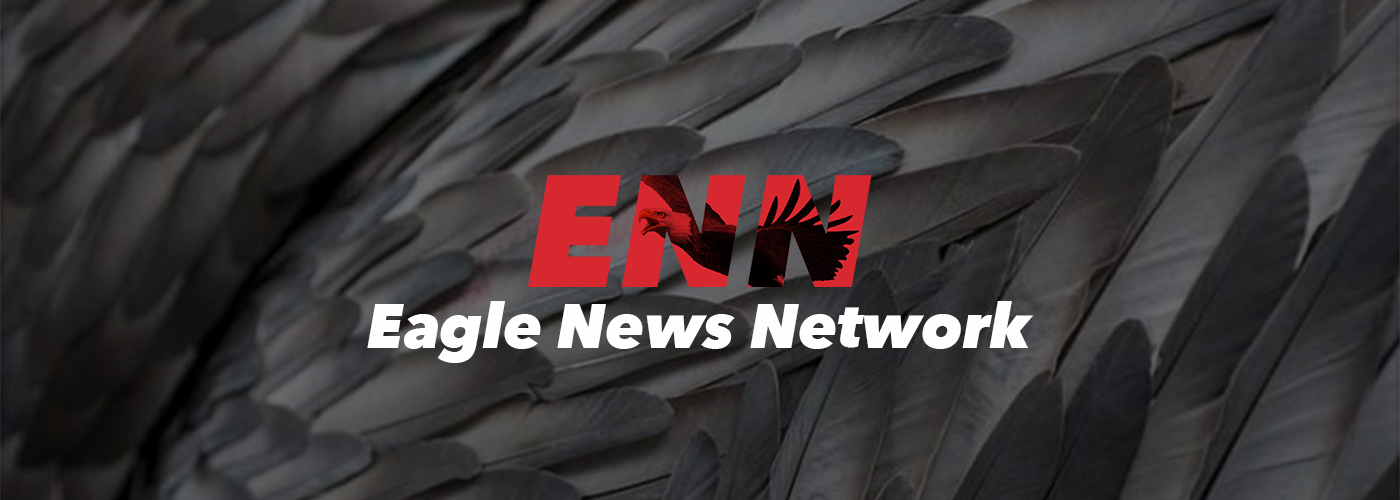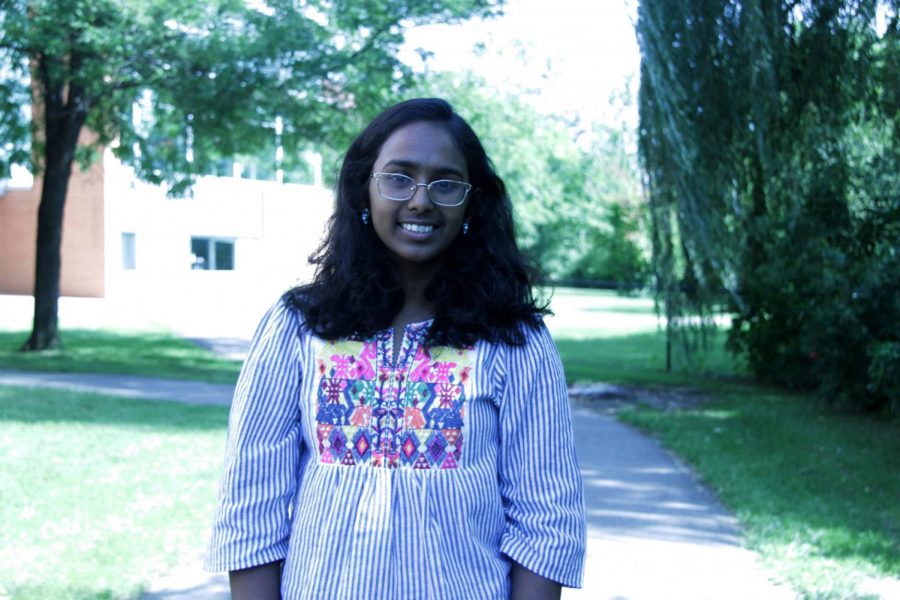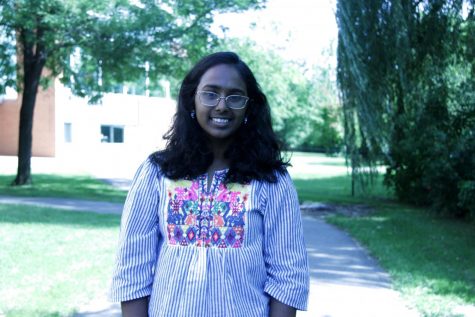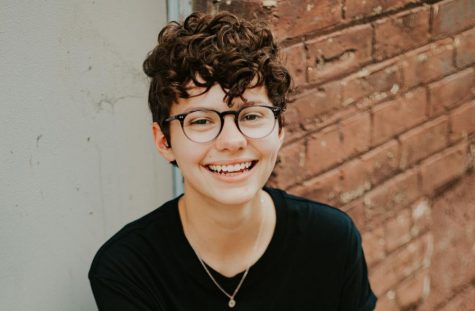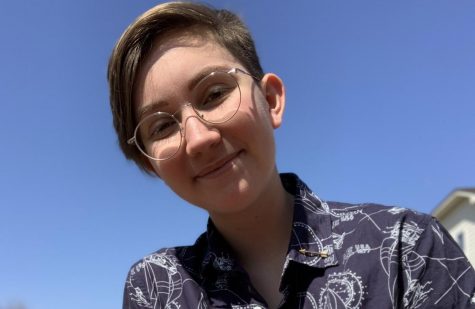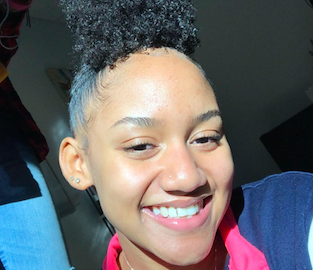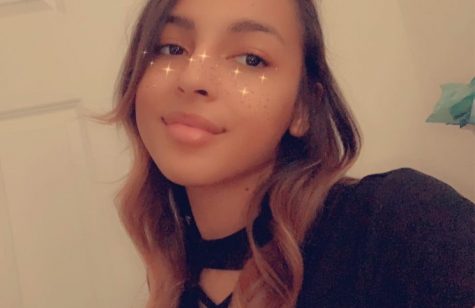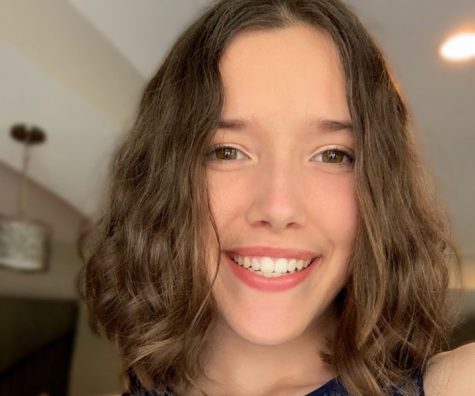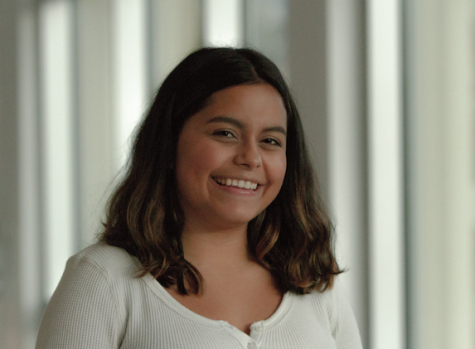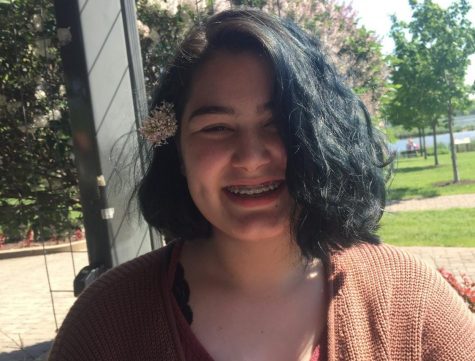Exposure Therapy: Vishalli
September 18, 2019
No, I don’t speak Indian. No, I don’t eat curry. No, I am not a Hindi. No, the dot on my forehead does have meaning. To me. It is my identity. One can only ignore ignorance for so long; mere nuisance develops into irritation which evolves into frustration until I cannot hold it in anymore. I am an Indian woman. I speak Tamil, eat all different sorts of spicy foods that don’t have “curry” attached to the end of it, practice Hinduism and the “dot” on my head, in my native tongue, is called a pottu which represents a direct connection between all women and the Goddess Lakshmi.
Often, the stereotypes associated with Indians are that we are good at math, have strict parents, only eat spicy, vegetarian foods and get arranged marriages. I tolerate math to the best of my abilities, I have the most liberal parents and bold of you to assume that I will marry at all. I eat vegetarian, not because I love my holy cows and chickens and such, but because I hate plants. I am proud to be Indian, but I will not allow my skin color to define who I am. I am so much more than just another brown girl.
I feel safe at school. I have never felt uncomfortable or harassed by any member of the student population or the faculty. However, there are comments that stick with me like disgusting, chewed up gum to the sole of my shoe. Once, I had jokingly called attention to a teacher’s odd way of pronouncing a certain word to him, and he twisted his face in hyperbolic offense before saying, “Hey! I thought Indians were supposed to be nice!” Another time, when I had not finished my homework for the class because I was just too tired, he facetiously said, “Are you even Indian?” I know he meant no harm during both instances, but such careless comments affirm what society believes of people of color. I can be mean, or at least as mean as a Minnesotan can be. I can not do my homework and still proudly claim the title of an Indian woman. The aforementioned examples are only a couple of an ever-growing list.
I can forgive ignorance as long as the person is willing to part ways with it. However, I have no patience for the snarky and supposedly witty comments about my identity. I feel safe at school, but not secure in my identity. I have no sense of belonging at Eden Prairie High School. I write this to make you aware of what marginalized minorities feel. I know I cannot speak for everyone, but personally, I do not feel like I belong.

